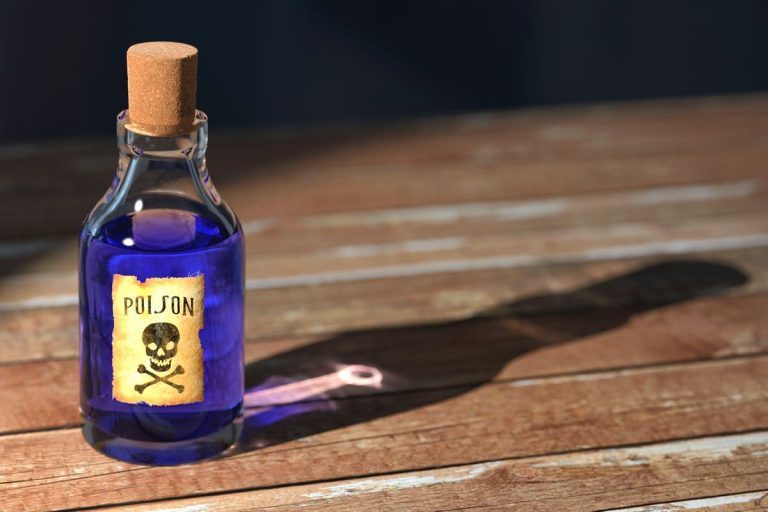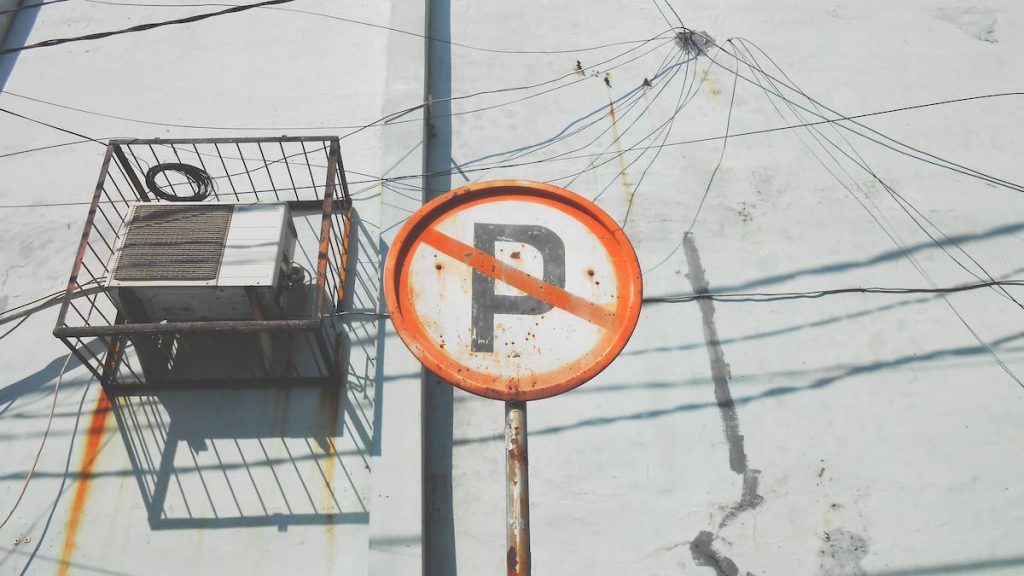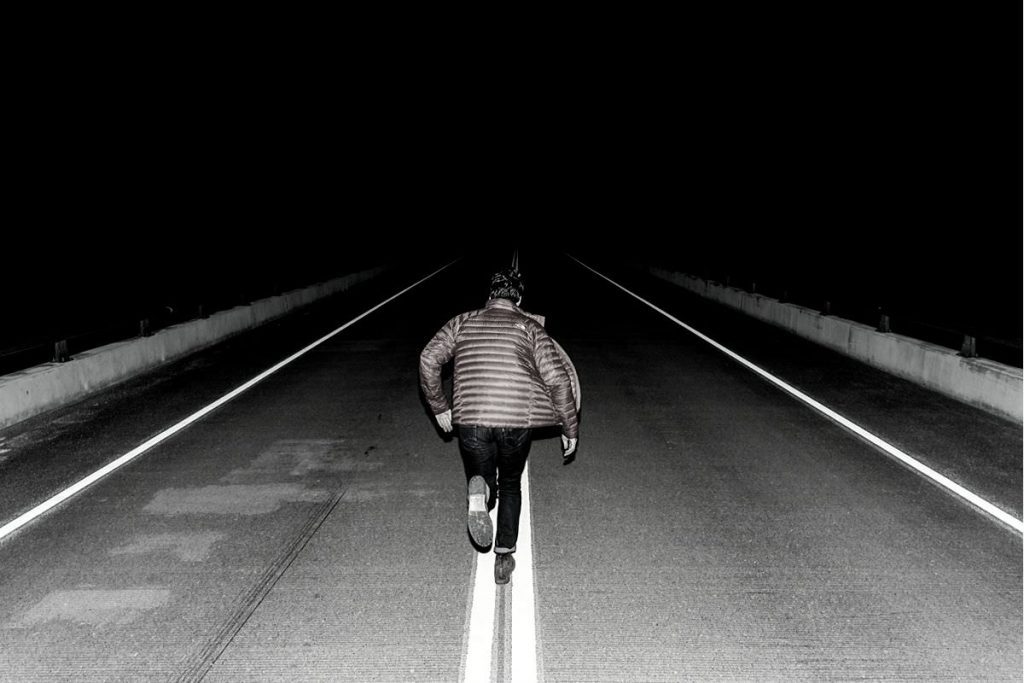
If you firmly believe that toxic people exist and you have to raise your defenses (whatever that means) when you engage them, this article is dedicated to you. If you don’t, then this isn’t going to interest you, unless you want to use the following arguments as a tool.
Characteristics of toxic people
According to a dozen articles I’ve read, toxic people maintain the following features:
- They constantly criticize others.
- They are continually interrupting others to express their own opinion.
- They stand unwilling to admit their own mistakes.
- They can get no satisfaction.
- They dramatize on most of their life situations
…and my personal favorite “they see themselves as victims by not taking responsibility for their actions.”
The paradox, as you can tell, is that most of the people who blame others for their lives and give tips on how to get “protected” by toxic people are doing pretty much the same.
But why is that?
We judge what we refuse to understand

One of the biggest challenges we’ve come to face is the model of self-promotion. Anyone can be a small or big star nowadays, from YouTube to Instagram, we are getting self-absorbed as f*ck.
We believe that we are hyper-busy in a west-world that continues to remind us how special we are. If you don’t relate to that, go downtown and watch all the advertisements that keep telling you:
“Buy this product or service and be special!”
These ads and services are designed to engage with you on an emotional level, convincing you that your social value will increase if you buy stuff. Steadily everything is getting revolved around you, or so you think.
Enhancing this primal emotion of thinking about you all the time, makes you vulnerable and easy to manipulate.
You are getting worse in your people’s skills daily. You deprived yourself of the time to listen to others, ending up categorizing behavior to “likes” and “dislikes”.
Who’s got the time to understand if one is so mentally busy?
Projecting your negative state to “toxic people”
The first principle is that you must not fool yourself and you are the easiest person to fool.
Most of the time, when we experience negative emotions, we tend to blame our surrounding environment. We do our best to turn away from intense negative sentiments attaching our feelings to situations and personal victim stories. Looking within is rare, painful (at least for a while), but at the same time extraordinary. Nevertheless, we have somehow managed to connect the habit of looking inside to a form of death.
We can do anything to avoid looking within ourselves by conjuring up the perfect solution: blaming others
If we could build an imaginary pyramid, at the bottom of it we’ll see phrases like: “Don’t make me sad” “You are the reason I failed” and at the top lies a very abstracted and special category named “toxic people.”
How you hurt yourself while running away from toxic people

Whoever fights monsters should see to it that in the process, he does not become a monster. And if you gaze long enough into an abyss, the abyss will gaze back into you.
I enjoy a chapter in the book “A New Earth” which talks about the mechanisms of the ego. One of those mechanisms is the unconscious thought that “the world is trying to get me” or “I must keep my distance from this guy” even though the person has no tangible proof or bad experience, just several projections of his or her self-fulfilling prophecy.
Being always on the (imaginary) defense tenses your body.
“The best treatment for the body is a calm mind”
One of the best phrases I’ve read about the correlation between the body and mind was, surprisingly, from the book “Personal MBA.”
We live in an updated world with outdated software.
It doesn’t matter how many problems the human being has solved, the connection between the mind and body as well as most of the biases we have. For example, the negativity bias exists since humans lived inside caves.
Every negative thought transforms into stored energy in the body. Thousands of years ago, when a fellow human (let’s call him Jack) saw something weird in the busses, his brain signaled him to be able to run in the next second. When the snake emerged from the grass, Jack unleashed the stored energy so he could get the fuck out of there.
When you get defensive towards another human being, because he/she fits the description of a toxic person, you think you are protected by continually victimizing yourself about how manipulative this person is towards you, keep in mind that you are only harming yourself.
We don’t suppose to get along with everybody.
A few days back, I was with a friend of mine talking about this kind of stuff when I realized that it makes me sad when I don’t get along with people. Like there is a treaty where everyone has the best interest in others. Unfortunately, we aren’t supposed to match with each other perfectly. From our point of view, a person can be as exciting as hell, rude (or whatever you want to call him), just “ok” and even indifferent.
Still, many people get confused when they don’t like someone, hence label him as a “toxic person.”
Closure
The term toxic people is general and abstract. One of the many evil purposes of this categorization is to enhance one’s victim story and how the world mistreats him/her. Please don’t take my word for granted and scroll up to the list of the “toxic people’s characteristics”.
Any of those behaviors ring any bell?
Are you a toxic person?